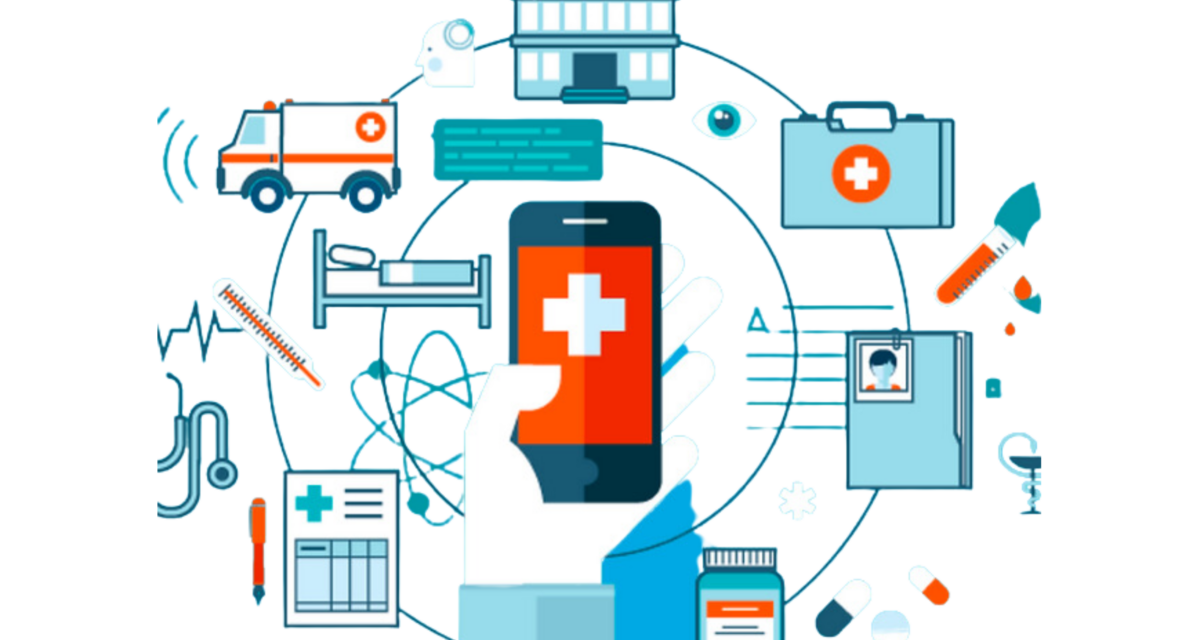
In the healthcare sector, protecting patient information is of utmost importance. The Health Insurance Portability and Accountability Act (HIPAA) serves as a foundation, not just in ensuring patient privacy but also in the efficient management of medical billing. This guide will delve into how HIPAA compliance is essential for healthcare practices to manage revenue effectively.
HIPAA and Medical Billing
HIPAA was established to safeguard patients' sensitive health data from unauthorized access, ensuring confidentiality and security. In the context of medical billing, compliance with HIPAA regulations is imperative. It requires strict procedures for handling patient information during billing processes to avoid breaches and protect patient privacy.
HIPAA Compliance and Medical Billing Practices
The Role of Technology in HIPAA-Compliant Billing
Advanced billing software and systems play a crucial role in ensuring HIPAA compliance. These systems come equipped with advanced security features, encrypted databases, and access controls that align with HIPAA standards. Automated tools streamline billing processes while upholding patient privacy and confidentiality.
Outsourcing Billing Services and HIPAA Compliance
When outsourcing billing services, it is crucial to select a partner well-versed in HIPAA compliance. Trusted billing service providers have stringent measures to adhere to HIPAA guidelines, safeguarding patient data throughout the billing cycle.
Benefits of HIPAA-Compliant Billing Practices
Conclusion
HIPAA compliance is not just a legal obligation but also an ethical commitment to safeguard patient information. Integrating HIPAA protocols into medical billing practices ensures legal adherence and fosters a culture of trust and efficiency within healthcare settings.
At ZX Healthcare Solutions, we prioritize HIPAA compliance in all our billing services, ensuring the utmost security and confidentiality for your patients' data.
Don't hesitate to contact us today to learn how our HIPAA-compliant solutions can streamline your revenue management while upholding patient privacy.
© ZX Healthcare Solutions. All Rights Reserved.